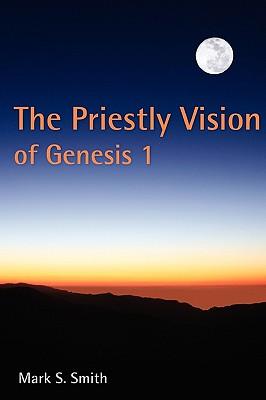For many readers, Genesis 1-2 is simply the biblical account of creation. But ancient Israel could speak of creation in different ways, and the cultures of the ancient near east provided an even richer repertoire of creation myths. Mark S. Smith explores the nuances of what would become the premiere creation account in the Hebrew Bible and the serene priestly theology that informed it. That vision of an ordered cosmos, Smith argues, is evidence of the emergence of a mystical theology among priests in post-exilic Israel, and the placement of Genesis 1-2 at the beginning of Israel's great epic is their sustained critique of the theology of divine conflict that saturated ancient near eastern creation myths. Smith's treatment of Genesis 1 provides rich historical and theological insights into the biblical presentation of creation and the Creator.

For many readers, Genesis 1-2 is simply the biblical account of creation. But ancient Israel could speak of creation in different ways, and the cultures of the ancient near east provided an even richer repertoire of creation myths. Mark S. Smith explores the nuances of what would become the premiere creation account in the Hebrew Bible and the serene priestly theology that informed it. That vision of an ordered cosmos, Smith argues, is evidence of the emergence of a mystical theology among priests in post-exilic Israel, and the placement of Genesis 1-2 at the beginning of Israel's great epic is their sustained critique of the theology of divine conflict that saturated ancient near eastern creation myths. Smith's treatment of Genesis 1 provides rich historical and theological insights into the biblical presentation of creation and the Creator.